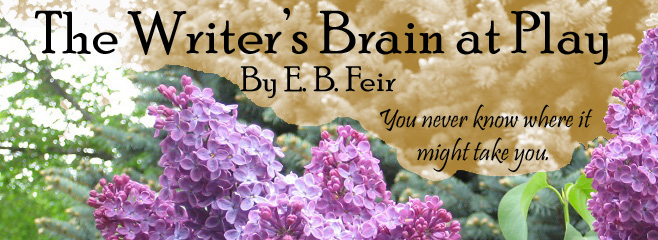This may strike you as a rather “writerly post,” and perhaps it is, but I was thinking about the traditional conflicts lately. They’re the kind of conflicts as a writer, I use to create energy and meaning in my writing. But they’re also the kind of conflict that could , theoretically, take us all out, and which man has faced throughout the ages: guess that’s why they’re always handy to use.
In case you’re not familiar with them, here they are, the primary conflicts*:
- Relational conflict (human vs. human)
- Situational conflict (human vs. nature / environment)
- Inner conflict (human vs. self)
- Paranormal conflict (human vs. technology / possibility)
- Cosmic conflict (human vs. fate / destiny / god)
- Social conflict (human vs group)
What’s so fascinating about these kinds of essential conflicts is the sheer possibilities they hold, no matter what you’re considering. Say you want to figure out how to end the world, or how the  apocalypse could come about. It could be a world war or massive military action (human vs human). It could be the super volcanoes finally erupting (man vs. nature). Aliens or robots attacking (paranormal conflict). God being angry with us, or destined through, say, some really old calender (cosmic conflict). I think both social conflict and inner conflict are how we, as humans – or as characters in a book – would react to some of the other conflicts. Do we fight? Surrender?
apocalypse could come about. It could be a world war or massive military action (human vs human). It could be the super volcanoes finally erupting (man vs. nature). Aliens or robots attacking (paranormal conflict). God being angry with us, or destined through, say, some really old calender (cosmic conflict). I think both social conflict and inner conflict are how we, as humans – or as characters in a book – would react to some of the other conflicts. Do we fight? Surrender?
I know, you’re probably asking what this possibly has to do with the apocalypse, since it sounds more like a writing problem. The thing is, I believe these essential “conflict types” have remained important because they’ve become part of the human condition, part of how we view our world and survive in it (or don’t, depending on how things turn out). What we believe is often dependent on these conflicts that have, in many ways, defined us for as long as we’ve been around. Even the caveman would likely recognize them: was his brother, Grog, trying to wipe him out? Was it the gods who made it rain fire? What does it mean for man to harness the power of fire?
What conflicts have featured in your real life? Are you a faithful person, choosing membership in one religion over another? If you are, then what questions in your life are answered by your faith? How does this determine how you act? React? If you don’t want to consider religion, than even consider your view of the nature of man: is man essentially good or evil? Is it a “dog-eat-dog” world, or is man essentially altruistic? If you conform to the rules of society, does that make you a good citizen, or a foolish sheep?
Personally, I believe that it’s our personal answers to the essential conflict types that define how we view the world, how we act, and how we answer “why” when something happens – either a miracle or a tragedy.Certainly it would become important again in the event of an apocalypse: people will search for answers, and some kinds of conflict (like man vs nature which we often arrogantly assume we have conquered) will become much more significant to our lives.
What do you think? How do these conflict types feature in your life? Have you considered them before?
Thanks for reading, and have a great week.
*If you’d like to know more about conflict and story structure – both as a novice or a writer – I recommend “Story Structure Architect” by Victoria Lynn Schmidt, Ph.D.
